SOUNDSCALE: Citizen’s Panel
16/07/2025
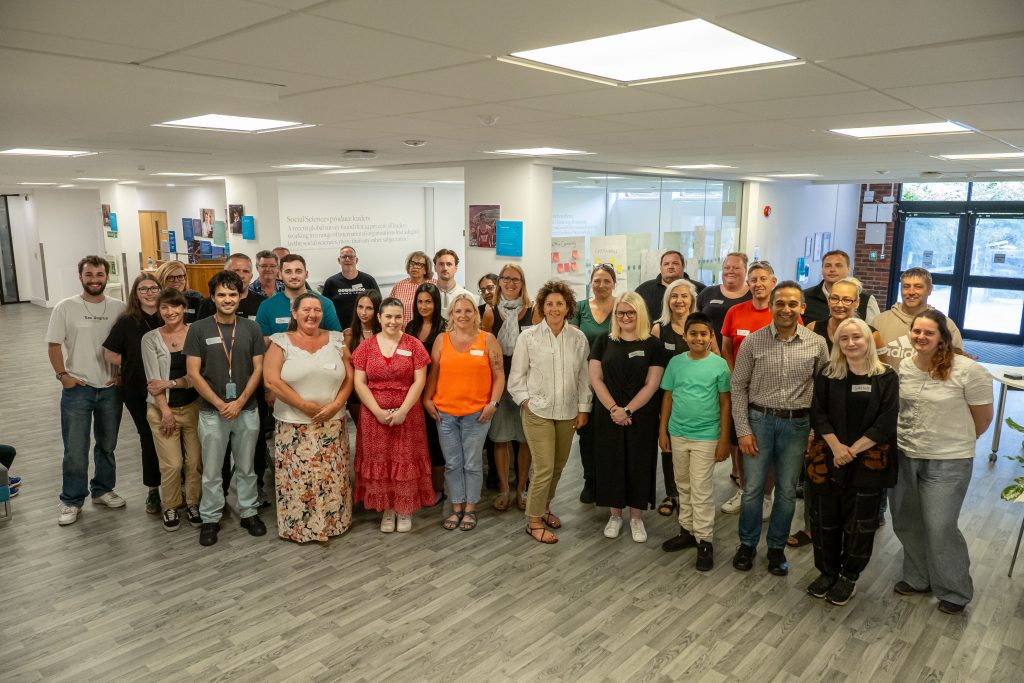
SOUNDSCALE is an interdisciplinary research project looking at the social, ethical and environmental implications of distributed acoustic sensing (DAS) in urban contexts. In May and June 2025, we invited members of the public living in Hampshire and London to form a citizens’ panel. Using deliberative processes, we asked the panel to come up with the most important questions about DAS that they thought we should do research on.
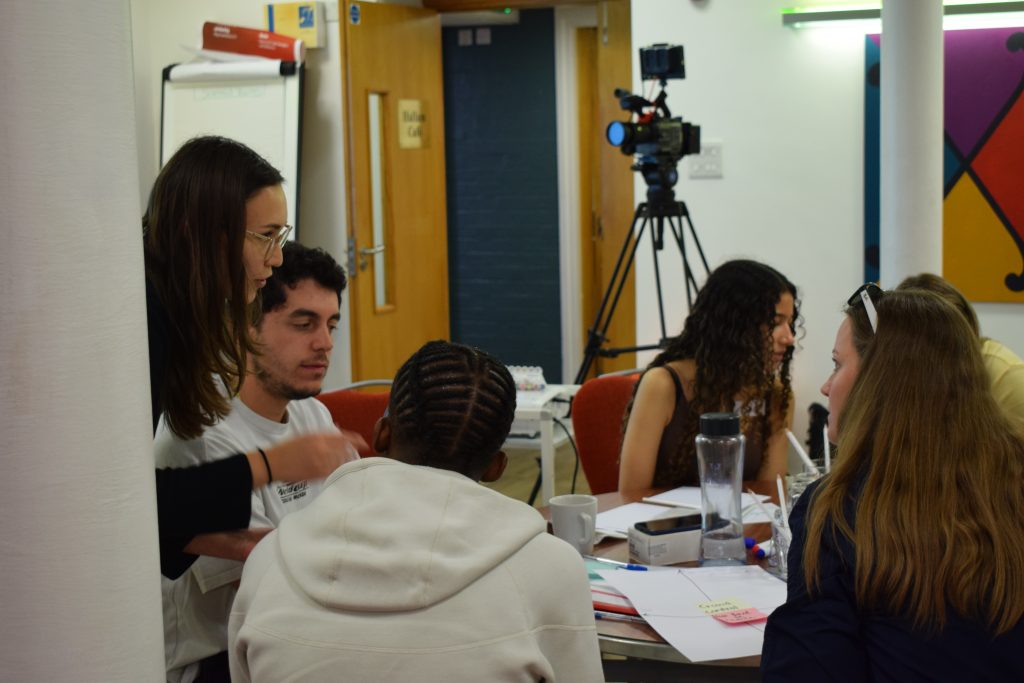
Through three workshop sessions, people were invited to learn more about the technology, ask questions, and share their views and concerns about how DAS might be used in the future. The workshops were co-designed and facilitated by the National Centre for Social Research (NatCen), working together with the SOUNDSCALE team, with guidance and input from our advisory board.
The use of a citizens’ panel for research is novel. Citizens usually don’t have a voice when it comes to how research is funded or conducted, and research usually doesn’t consider lived experience as a form of expertise. By involving the public in the early stages of the project we want to improve democratic processes by giving people a say, and maybe even empower them to be more engaged in science along the way. Citizens were also able to gain an insight into how DAS works, some of its possible uses, and what these applications might mean for society in the future.
The construction of the panel took some careful thought and planning, and the help of a recruiter. We overrecruited to account for dropouts, with the aim to have 40 panel members, and to everyone’s surprise all 50 panellists attended all three sessions! We also had the challenge of making sure that the panel was diverse and representative of the UK, while ensuring that they all lived close to the NDFF dark fibre cable (which we have access to for our research). We selected people living in East and West London and the other half from Southampton, Eastleigh and Winchester. We conducted three workshops in total, the first two were online and the final workshop happened in person, taking place simultaneously in Southampton and London.
The first workshop laid down the foundations of the project. We spent a lot of time trying to figure out how to explain DAS in an understandable way, and how to introduce DAS without priming the participants. We thought that it would be better to introduce DAS in the context of marine applications, and then ask them to try and come up with some ideas about how DAS might be used on land. We also experimented with how individuals receive information: half of the panel learned about DAS from two members of the SOUNDSCALE team, and the rest heard about DAS from two lay experts who had experience of being in a citizens’ assembly before. By doing this, we want to explore if people engaged with the deliberation process differently, depending on who they received the information from.
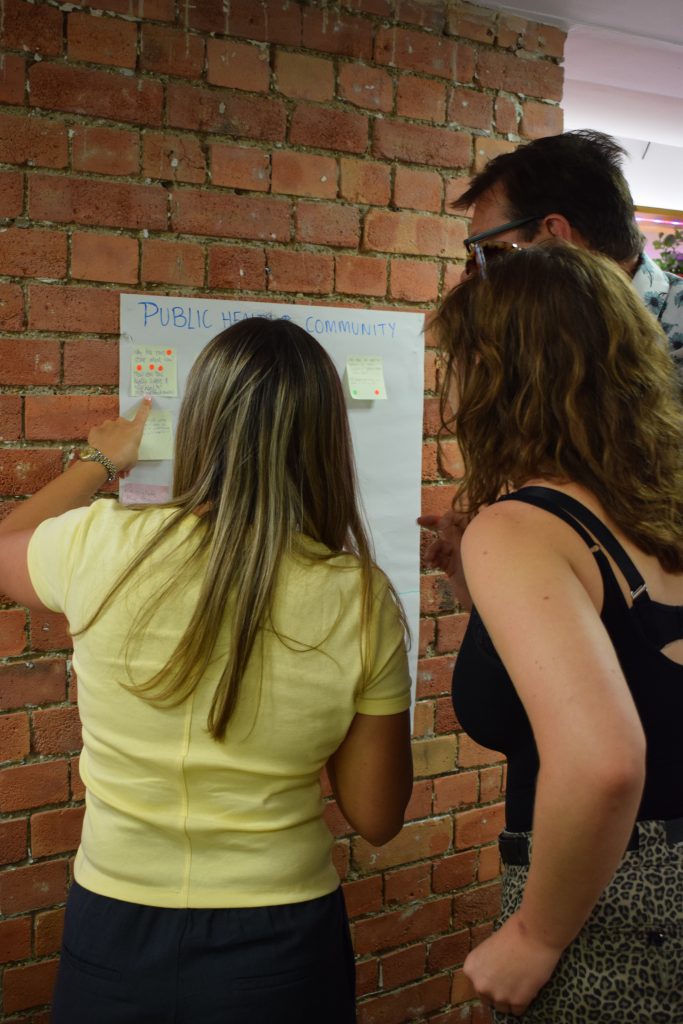
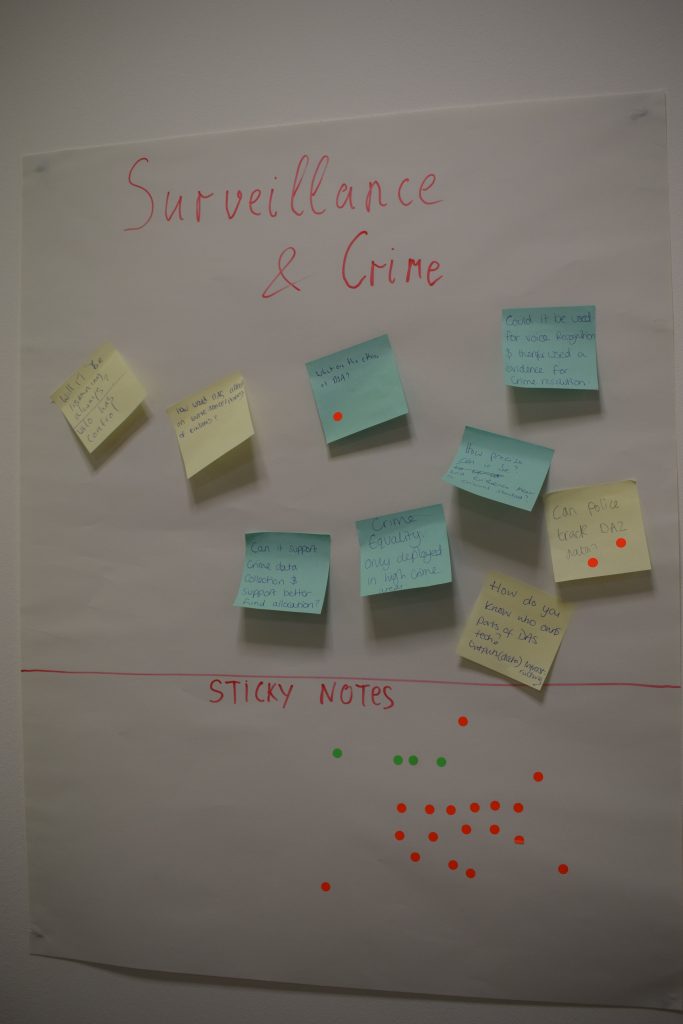
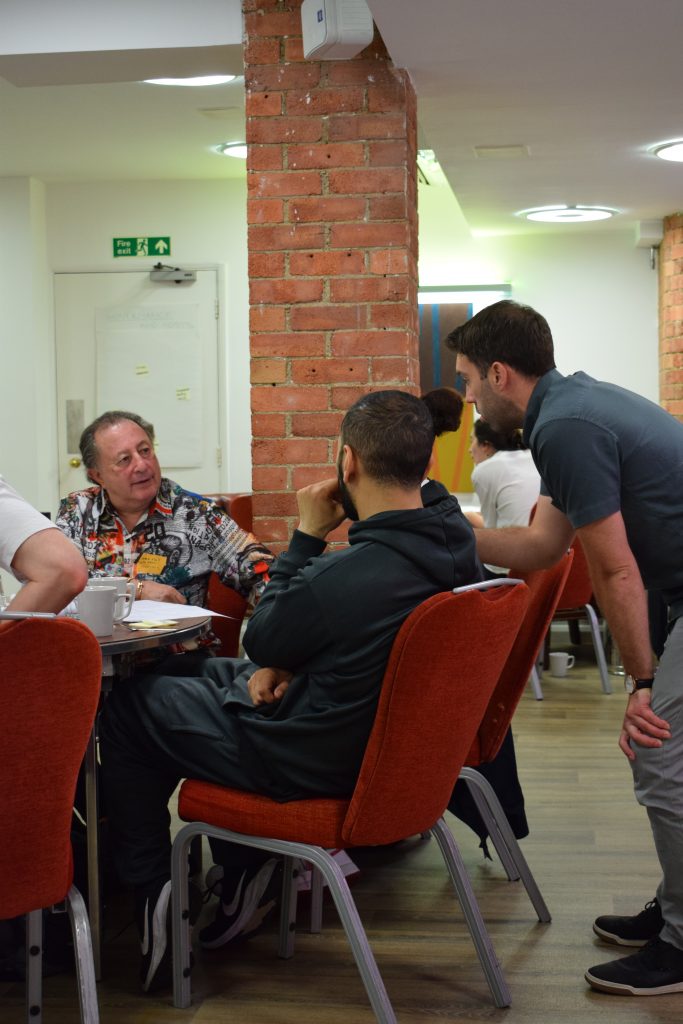
Reflecting on discussions from the first workshop, we noticed that the participants were feeling a bit confused about what they were being asked to do, and why they had been selected. To try and alleviate this, we spent more time in the second workshop to explain the SOUNDSCALE project and why we wanted their help. Then, using the themes which had emerged in the previous session (governance and cost; environment; city infrastructure; health and community; surveillance and crime), five members of the SOUNDSCALE team developed a presentation to cover each topic in relation to DAS, which we presented in a carousel format, followed by Q&A. The panellists were very engaged and asked us lots of questions, keeping us all on our toes for 50 intensive minutes!
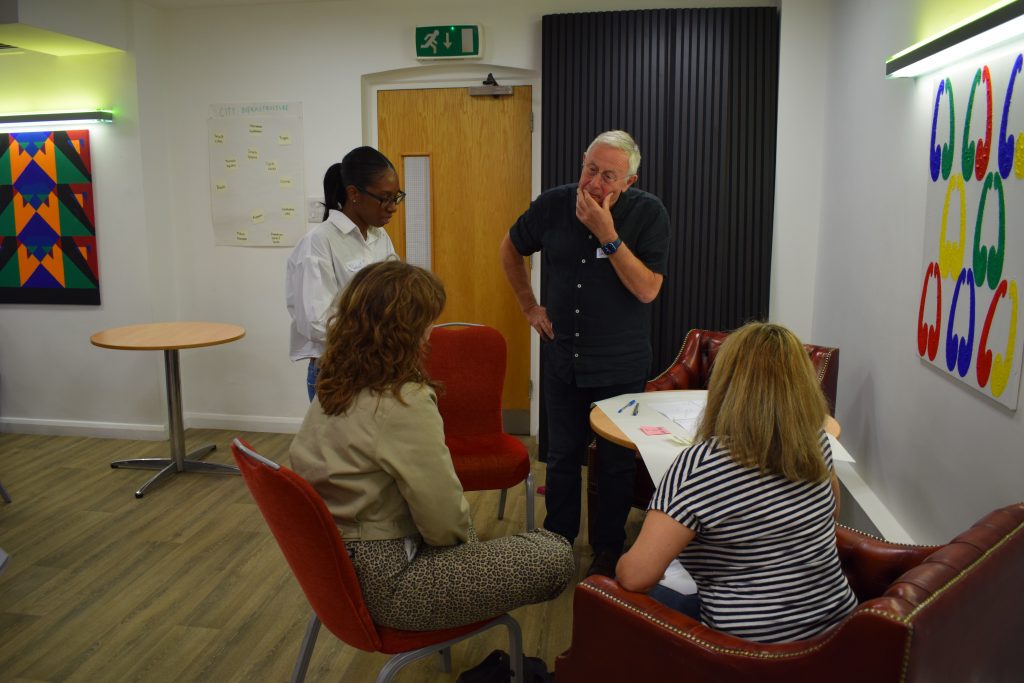
The final workshop involved delving deeper into the five themes, while inviting participants to come up with research questions related to these areas. We also explored novel methods, including a sci-fi activity where the panellists were invited to envisage future worlds and build scenarios relating to DAS and the five themes. The citizens created positive and negative futures which we explored further together through conversations with the SOUNDSCALE team. In the afternoon, people either went outside to experience the physical environment where the dark fibre lies underground, or they identified some areas of interest on a map which showed where the cable lies.
By the end of the panel, it was clear to see that the citizens agreed that research relating to the environment and health was a priority for them, while also recognising the importance of governance and cost. Now that we have entered phase 2 of the project, we are collecting data from the NDFF dark fibre between Southampton and London, and organising an interdisciplinary workshop in September to explore the findings from the panel in more detail and to further our research ideas. Stay tuned for updates!
